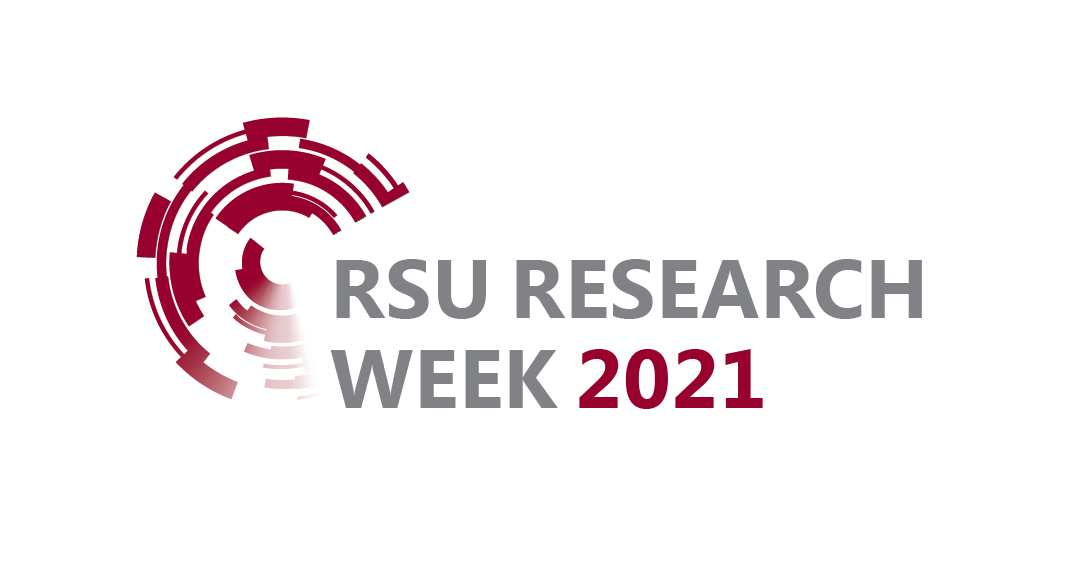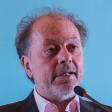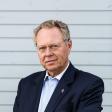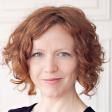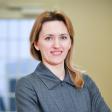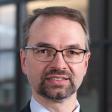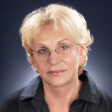Plenary Sessions
24-26 March 2021 Rīga Stradiņš University (Virtual Great Hall)
- Agenda
26 March Great Hall
Moderators: Dr. rer. nat. Baiba Vilne (RSU), Dr. med. Liene Ņikitina-Zaķe (RSU)8:30–9:00 Technology- and data-driven molecular precision medicine
Prof. Olli Kallioniemi, SciLifeLab, Stockholm, Sweden9:00–9:30 Genotypes of complex diseases and its application in precision medicine
Prof. Andreas Metspalu, Head of the Estonian Biobank, Tartu, Estonia9:30–10:00 Modern regenerative medicine – hematopoietic stem cell niche
Robert Oostendorp, Technical University of Munich, Munich, Germany25 March Great Hall
Moderators: Dr. rer. nat. Baiba Vilne (RSU), Dr. med. Liene Ņikitina-Zaķe (RSU)8:30–9:00 E-Health
Janek Metsallik, Tallinn University of Technology, Estonia9:00–9:30 Biomaterials/Predictive Medicine
Prof. Mauro Alini, AO Foundation, Davos, Switzerland24 March Great Hall 9:00–9:10 Musical performance by Georg Sarkisjan and Daniil Bulayev - About the performers
Daniil Bulayev is a student at the Emīls Dārziņš Music School under the tutelage of Nelli Sarkisjan – a musician at the LNSO (Latvian National Symphony Orchestra) first violin section.
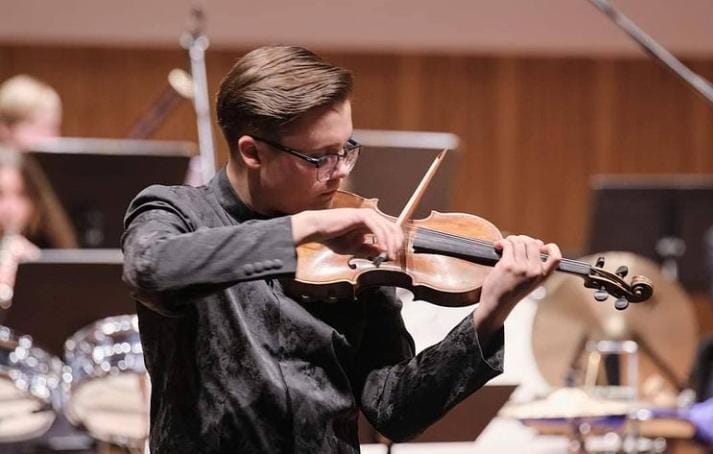
Daniil gave his first concert with a chamber orchestra when he was five years old. Two years later he performed with a symphonic orchestra for the first time and another year later played a recital at the Moscow State Tchaikovsky Conservatory Central Music School. Since then the young musician performs at least one recital every season.
Daniil plays with Latvian, Lithuanian, Russian, Armenian and Chinese symphonic and chamber orchestras, including Kremerata Baltica, Glasperlenspiel Sinfonietta, Moscow Virtuosos, the State Symphony Orchestra of the Republic of Tatarstan, and the Macau Symphony Orchestra.
The musician has participated in such festivals as Avanti!, Artissimo, Early Music Festival in Rundāle, Musica Mundi (Belgium), New names (Armenia), Iguazú in Concert(Argentina), Flourishing Arts (Macau), Altolivenzafestival Giovani (Italy) and many others.
Each year Daniil Bulayev performs at the official concerts dedicated to the Anniversary of the Republic of Latvia; in 2014 he played a solo with Kremerata Baltica in the highly praised open-air concert 'Born in Riga', and in the October of 2018 Daniil played a recital at the Latvian National Opera.
He has been awarded the Grand Prix and first prize in international contests in Rīga, Vilnius, Moscow, Italy and China.
Georg Sarkisjan has been the concertmaster at the Latvian National Symphony Orchestra since 2015. He is a member of German orchestras, numerous chamber music ensembles, and the LNSO, which he joined in 2013.
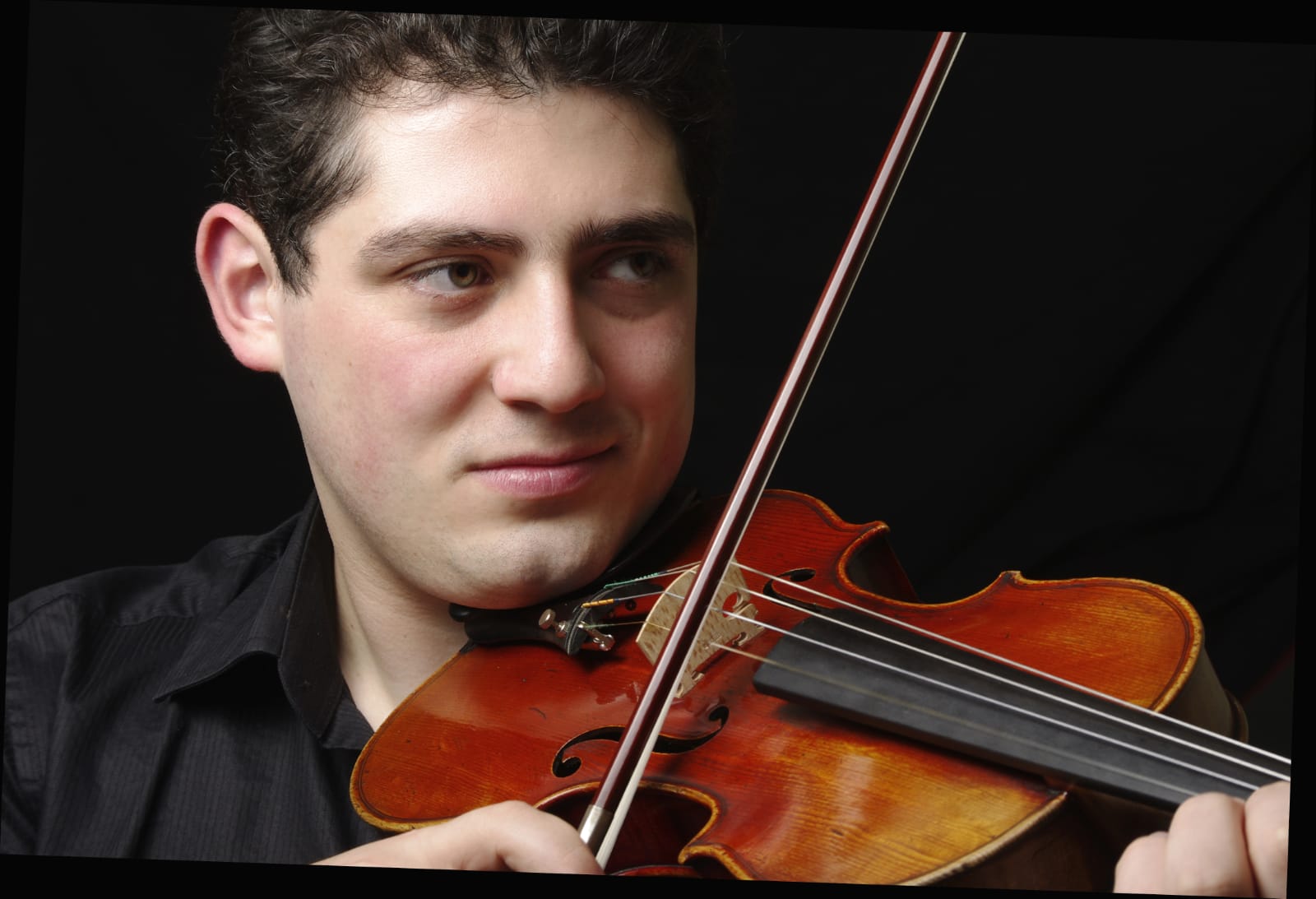
Georg went to Emīls Dārziņš Music School and later studied at the Robert Schumann University of Music in Düsseldorf. He has participated in numerous workshops and festivals. Winner of solo performance and chamber music competitions in Lithuania, Estonia, the Czech Republic, Ukraine, Russia, and Germany.
Former member of the Gustav Mahler Youth Orchestra, the Youth Chamber Orchestra of NRW, and German Chamber Academy of Neuss am Rhein. He has performed as soloist with the Düsseldorf SO, Robert Schumann University of Music SO, State Youth Orchestra of North Rhine Westfalia, the Bonn Classical Philharmonic, the LNSO, among other orchestras.
In 2010, Sarkisjan made his debut at the Beethoven House in Bonn in the concert series The Young Stars. In 2016, he gave a brilliant solo concert at the Great Guild in Riga, performing Bach, Hindemith, and Honegger, earning a nomination for Latvia’s Grand Music Award 2016 For Outstanding Chamber Music Performance.
Georg is deeply committed to his work at the Akademie für Musik am Rhein in Düsseldorf which he co-founded with like-minded colleagues.
Great Hall
Moderator: Dr Valdis Ģībietis, Co-Chair of the RW2021 Scientific Committee9:10–9:25 Rector's Welcome, RSU Rector, Prof. Dr. habil. med. Aigars Pētersons 9:25–9:35 Welcome address by Daniels Pavļuts, Minister for Health 9:35–9:40 Welcome address by Dr. philol. Ilga Šuplinska, Minister for Education and Science 9:40–9:55 Research at Rīga Stradiņš University. Opening words by Dr. phil. Agrita Kiopa, Vice-Rector for Science 10:00–10:15 A place where science, art, history and future meld
Asst. Prof. Ieva Lībiete, Institute of the History of Medicine, RSU10:15-10:30 Privacy and technologies in the context of COVID-19
Ieva Ilves, Adviser to the President of Latvia for Information and Digital Policy10:30–10:45 Health care tech innovation potential in Latvia
Dr. oec. Juris Binde, President & Chairman of the Management Board, Latvijas Mobilais Telefons10:45–11:15 The Politics of Emptiness in the Time of the Pandemic
Assoc. Prof. Dace Dzenovska, University of Oxford, United Kingdom11:15–11:30 Covid-19: science for everyday practice
Prof. Dr. habil. med. Ludmila Vīksna, RSU- Plenary Speakers
- Insight into RW
We face considerable challenges when it comes to ensuring that the most robust science is used to deliver justice, and that access to legal protections is made available to the greatest number of people. Technological innovation is enabling ever greater insights and capabilities, and is creating opportunities to obtain accurate intelligence and evidence more rapidly. However, the science applied within justice systems operates at a complex intersection of law, government, and community - creating a dynamic and interconnected environment with diverse and sometimes competing interests.
COVID-19 threatens to become one of the most difficult tests humanity has faced in modern history. As the pandemic has spread, it has taken lives, stirred anxiety and political drama, overwhelmed health systems, and triggered potentially lasting geopolitical change.
E-health involves a broad group of activities that use electronic means to deliver health-related information, resources and services: it is the use of information and communication technologies (ICT) for health. E-health encompasses a range of standards, tools and activities that use electronic means to deliver information, resources and services in relation to health and social care. At the heart of e-health is a vision of improving the quality of health information, strengthening national health systems and ensuring accessible, high-quality health care for all.
Why is e-health important? Member states in Europe are under increasing pressure to ensure that national health systems meet the demand for the delivery of high quality, readily available services in spite of zero-growth, or decreasing health budgets. Recent advances in mobile technologies, improvements in broadband coverage and the growing acceptance of tele-health and mobile health (m-health) solutions are providing new and attractive options for delivering health care. As a result, many governments are investing in e-health as a means of reforming health systems and for ensuring equitable and affordable access to health care.
The ultimate goal of Precision Medicine, also referred to as Personalised Medicine, is to enable the use of information about a patient’s genes and environment. Physicians and scientists can utilise this data in order to identify or predict diseases, delay or prevent the onset of disease, and develop effective treatment more accurately. This could be aided by sciences like genomics, developing technology to better parse massive data sets, and by improving our understanding of the relationship between differences in DNA and basic biological mechanisms. However, Precision Medicine faces challenges related to the healthcare workforce, costs, equal access to care, and data privacy.
Everyone must be empowered to master artificial intelligence.
Technology innovation in the realm of robotics and artificial intelligence is fundamentally transforming education, and updating the skills required to succeed in workplaces and classrooms. Building future-ready education systems requires curricula fit for the 21st century, and the consistent delivery of freely-available education for everyone.
